If you’re looking to earn college credit while saving time and money, the CLEP Business Law exam might be just what you need. This exam tests your understanding of fundamental legal concepts and principles that govern business operations. With the right preparation, you can tackle this exam confidently and potentially earn credits toward your degree.
I’ve found that understanding the key topics covered in the CLEP Business Law exam can make all the difference. From contracts and agency to sales and consumer protection, knowing these areas can help you navigate the exam with ease. Whether you’re a busy student or a working professional, mastering this content can open doors to new opportunities in your academic and career journey.
Key Takeaways
- Earn College Credit: The CLEP Business Law exam allows students to gain college credits, potentially covering three to six credits, helping them meet degree requirements faster.
- Key Topics Covered: Essential subject areas include contracts, agency relationships, sales under the UCC, consumer protection laws, and business organizations, all crucial for understanding business law.
- Exam Format and Structure: Comprising 100 multiple-choice questions with a 90-minute time limit, familiarity with the exam format aids in effective time management and test strategies.
- Effective Preparation Strategies: Utilizing official study guides, textbooks, online courses, flashcards, and practice exams can enhance understanding and retention of legal concepts.
- Benefits Beyond Exam Success: Passing the exam not only saves tuition but also strengthens critical thinking and analytical skills, making candidates more appealing to potential employers.
- Test Day Readiness: Preparation for test day includes knowing what to bring (ID, confirmation, acceptable materials) and understanding the test structure to reduce anxiety and optimize performance.
CLEP Business Law
CLEP Business Law provides students an opportunity to earn college credit through assessment of their understanding of various legal principles relevant to business. The exam covers essential topics, including:
- Contracts: Study terms, conditions, and enforceability of agreements.
- Agency: Explore the relationships between agents and principals and their legal obligations.
- Sales: Review the Uniform Commercial Code and its application in business transactions.
- Consumer Protection: Understand laws designed to protect consumers from unfair practices.
Exam preparation emphasizes comprehension of doctrines, statutes, and regulations governing the business landscape. Mastery in these areas promotes strong foundational knowledge crucial for academic success and professional development. Scoring well can lead to substantial tuition savings by allowing students to bypass introductory courses.
I recommend utilizing study guides, practice exams, and CLEP resources to amplify preparation efforts. Understanding the content outlines released by the College Board further enhances focus on critical areas likely to appear in the exam. This proactive approach can significantly contribute to successful completion of the CLEP Business Law exam.
Importance of CLEP Business Law

CLEP Business Law holds significant value for students and professionals. Understanding essential legal principles not only aids in passing the exam but also enhances knowledge applicable to real-world business environments.
Benefits of Passing the Exam
Passing the CLEP Business Law exam offers multiple benefits. First, it grants college credit, helping students meet degree requirements swiftly. Second, it saves on tuition costs by allowing students to skip introductory law courses. Third, the knowledge gained strengthens critical thinking and analytical skills, both vital in various business contexts. Additionally, achieving a good score demonstrates proficiency in legal concepts, enhancing a resume and making candidates more appealing to employers.
Impact on College Credits
The impact of passing the CLEP Business Law exam on college credits is significant. Scoring well can translate to three to six college credits, depending on the institution’s policy. Many colleges recognize CLEP exams, offering flexibility to students in their educational journey. This recognition enables students to accelerate their degree completion and focus on advanced coursework. Moreover, accumulating credits through CLEP can reduce the total cost of education, leading to substantial financial savings over time.
Exam Structure and Content

The CLEP Business Law exam assesses knowledge of essential legal principles that govern business operations. Understanding its structure and content is key to effective preparation.
Topics Covered in CLEP Business Law
The CLEP Business Law exam encompasses various critical topics, including:
- Contracts: Understanding contract formation, performance, and breach.
- Agency Relationships: Exploring the roles and responsibilities of agents and principals.
- Sales under the Uniform Commercial Code (UCC): Learning about legal regulations governing commercial transactions.
- Consumer Protection Laws: Examining statutes that safeguard consumer rights.
- Business Organizations: Analyzing different forms of business entities and their implications.
- Employment Law: Recognizing employer and employee rights and obligations.
These topics provide a strong foundation for grasping key legal concepts beneficial for both academic success and practical applications in the business world.
Format of the Exam
The CLEP Business Law exam consists of 100 multiple-choice questions, which adhere to the following structure:
- Time Allotted: 90 minutes for completion.
- Question Types: Questions assess knowledge of legal principles and their applications in hypothetical scenarios.
- Scoring: A score range of 20 to 80, with 50 typically representing a passing mark.
Familiarity with the exam’s format enhances test-taking strategies and improves overall performance.
Preparation Strategies

Effective preparation for the CLEP Business Law exam involves selecting appropriate study materials and employing successful study techniques.
Recommended Study Materials
I recommend utilizing a variety of study materials to cover all relevant topics thoroughly. Primary resources include:
- Official CLEP Study Guide: This guide offers an overview of the exam format and essential topics.
- Textbooks: Designated business law textbooks provide in-depth insight into contracts, agency, and consumer protection. Titles from reputable publishers are trustworthy sources.
- Online Courses: Platforms like Coursera and Khan Academy offer courses tailored to business law concepts, enhancing understanding.
- Flashcards: Utilizing flashcards for key legal terminology can aid in memorization and quick recall.
- Practice Exams: Taking practice tests helps familiarize oneself with exam structure and improves time management.
Tips for Successful Studying
I’ve found several strategies helpful for effective studying:
- Set a Schedule: Establishing a consistent study schedule ensures thorough coverage of all topics.
- Break Down Topics: Dividing complex subjects into manageable sections makes learning easier and less overwhelming.
- Active Learning: Engaging with the material through summarization and discussion enhances retention.
- Group Study: Collaborating with peers provides diverse perspectives and can clarify difficult concepts.
- Review Regularly: Regular revision reinforces knowledge and aids in long-term retention.
Combining these materials and tips fosters a more comprehensive understanding and boosts confidence leading into the exam.
Test Day Expectations
On the day of the CLEP Business Law exam, being prepared enhances my confidence and readiness. Knowing what to expect can minimize stress and streamline the test-taking experience.
What to Bring to the Exam
- Photo Identification: I must present a government-issued ID or a school ID that includes a photo to verify my identity.
- Registration Confirmation: It’s essential to have a printed or digital copy of my registration confirmation to ensure smooth entry.
- Acceptable Materials: I can bring non-programmable calculators, as well as scratch paper or a writing utensil for notes.
- Water and Snacks: If allowed by the testing center, packing a small water bottle and light snacks can help maintain my energy.
- Comfortable Clothing: Wearing layers ensures comfort, as testing rooms can vary in temperature.
- Multiple-Choice Questions: The exam consists of 100 multiple-choice questions, requiring quick decision-making and an understanding of key concepts.
- Time Limit: I have 90 minutes to complete the exam, which necessitates effective pacing throughout the test.
- Scoring Criteria: A passing score typically hovers around 50, and understanding the scoring guidelines can inform my study priorities.
- Content Coverage: Questions span essential topics such as contracts, agency relationships, and consumer protection, reflecting real-world applications in business law.
- Test Structure: Familiarity with the exam structure helps me develop effective test-taking strategies, such as skipping challenging questions and returning to them if time permits.
College Credit
The CLEP Business Law exam is a smart choice for anyone looking to gain college credit while deepening their understanding of essential legal concepts. By mastering the key topics covered in the exam, I can not only save on tuition costs but also enhance my career prospects.
Preparing effectively with the right resources and strategies is crucial. I’ve found that a combination of study guides, practice exams, and a structured study schedule makes a significant difference.
Ultimately, passing this exam can open doors to academic and professional opportunities, making it a worthwhile investment in my future.



